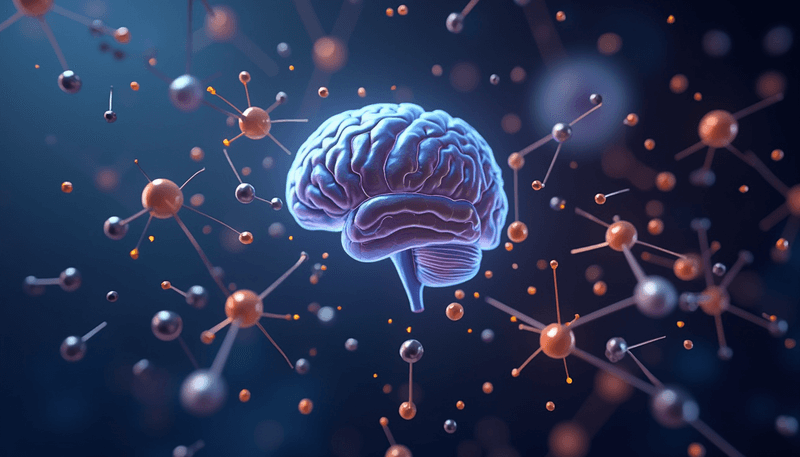Mind Shifts During Menopause: Your Guide

The clock strikes 3 AM, and you're wide awake again, thoughts racing through your mind like a midnight express train. If this sounds familiar, you're not alone. Every year, 1.5 million women navigate the complex journey of menopause, each experiencing their unique blend of physical and emotional changes.
Understanding the Emotional Rollercoaster
The drop in estrogen during menopause does more than trigger hot flashes - it rewires our emotional landscape. Think of estrogen as your brain's natural mood stabilizer. When levels fluctuate, it's like trying to drive a car with uneven tire pressure - you might feel wobbling between highs and lows.
"Some days I feel like myself, and others I barely recognize who I am. Is this what everyone goes through?"
Research shows that women are two to four times more likely to experience significant mood changes during menopause. These aren't just "bad days" - they're real physiological responses to hormonal shifts.
What you can do:
- Track your moods using a simple diary or app
- Set regular check-in times with yourself
- Share your experiences with friends or support groups
- Consider speaking with a mental health professional who specializes in menopause
The Brain Fog Phenomenon
Have you ever walked into a room and completely forgotten why? During menopause, these moments might become more frequent. The scientific community calls it menopausal cognitive impairment, but we know it better as "brain fog."
Think of your brain as a computer running multiple programs. Hormonal changes can temporarily slow down its processing speed. It's not permanent damage - just a system update that takes time to complete.
Practical strategies for clearing the fog:
- Break tasks into smaller, manageable chunks
- Use written lists and digital reminders
- Establish consistent daily routines
- Practice mindfulness exercises
Building Your Support Network
The research reveals that 42.47% of postmenopausal women in India experience depression, highlighting the importance of community support. Like a garden needs different elements to thrive - water, sunlight, nutrients - managing menopause requires a varied support system.
What would it feel like to share your menopause story with others who truly understand?
Creating your support system:
- Join local or online menopause support groups
- Schedule regular check-ups with healthcare providers
- Include family members in your journey
- Connect with friends going through similar experiences
The Power of Integrated Self-Care
Recent studies show that combining traditional medical approaches with alternative therapies can provide better outcomes. Think of it as creating a personalized toolkit for your menopause journey.
Your daily self-care checklist:
- Regular physical activity (30 minutes of moderate exercise)
- Stress reduction techniques (breathing exercises, meditation)
- Balanced nutrition focused on mood-supporting foods
- Consistent sleep schedule
- Regular social connections
Looking ahead, this transition period doesn't define you - it's just one chapter in your story. The insights from current research empower us to approach menopause with knowledge and confidence.
Which of these strategies resonates most with you, and how could you implement it starting tomorrow?
Take Action Today: Pick one small change from this guide - perhaps starting a mood journal or setting a regular bedtime. Begin there. Small steps lead to significant transformations, and you don't have to navigate this journey alone.
If you're experiencing severe mood changes or persistent depression, reach out to a healthcare provider who can offer personalized guidance and support.

Dr. Marcus Anthony Bennett
Dr. Marcus Bennett is a Seattle-based freelance medical writer and consultant specializing in mid-aged women's health. With a background in internal medicine and over a decade of experience in preventive care, he is dedicated to making complex health topics accessible. Dr. Bennett completed his MD at Johns Hopkins School of Medicine and residency at the University of Washington. His empathetic and evidence-based approach combines traditional medical expertise with a focus on health disparities, often incorporating practical lifestyle advice. Known for his clear, engaging communication, Dr. Bennett provides actionable insights to empower his audience.







